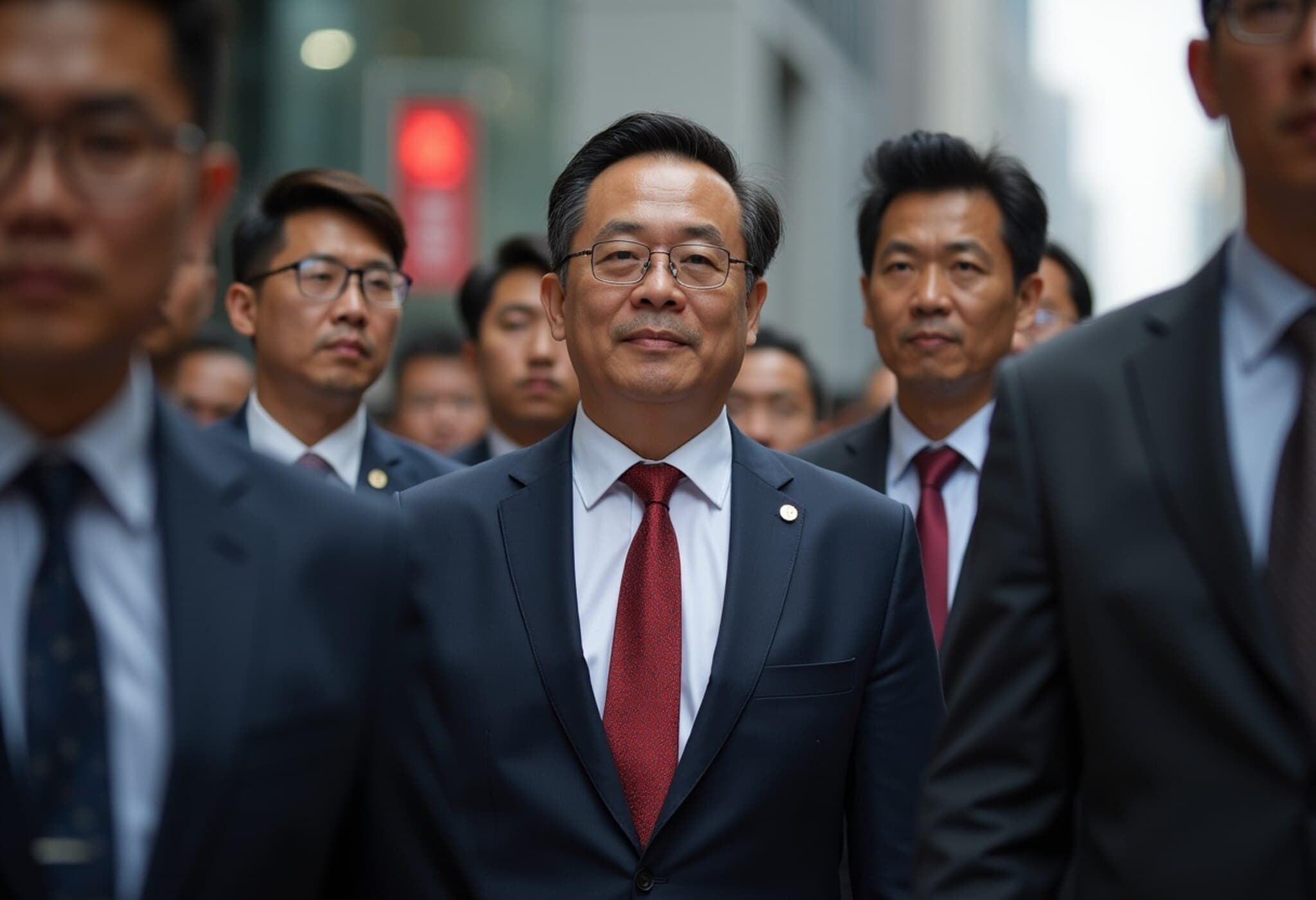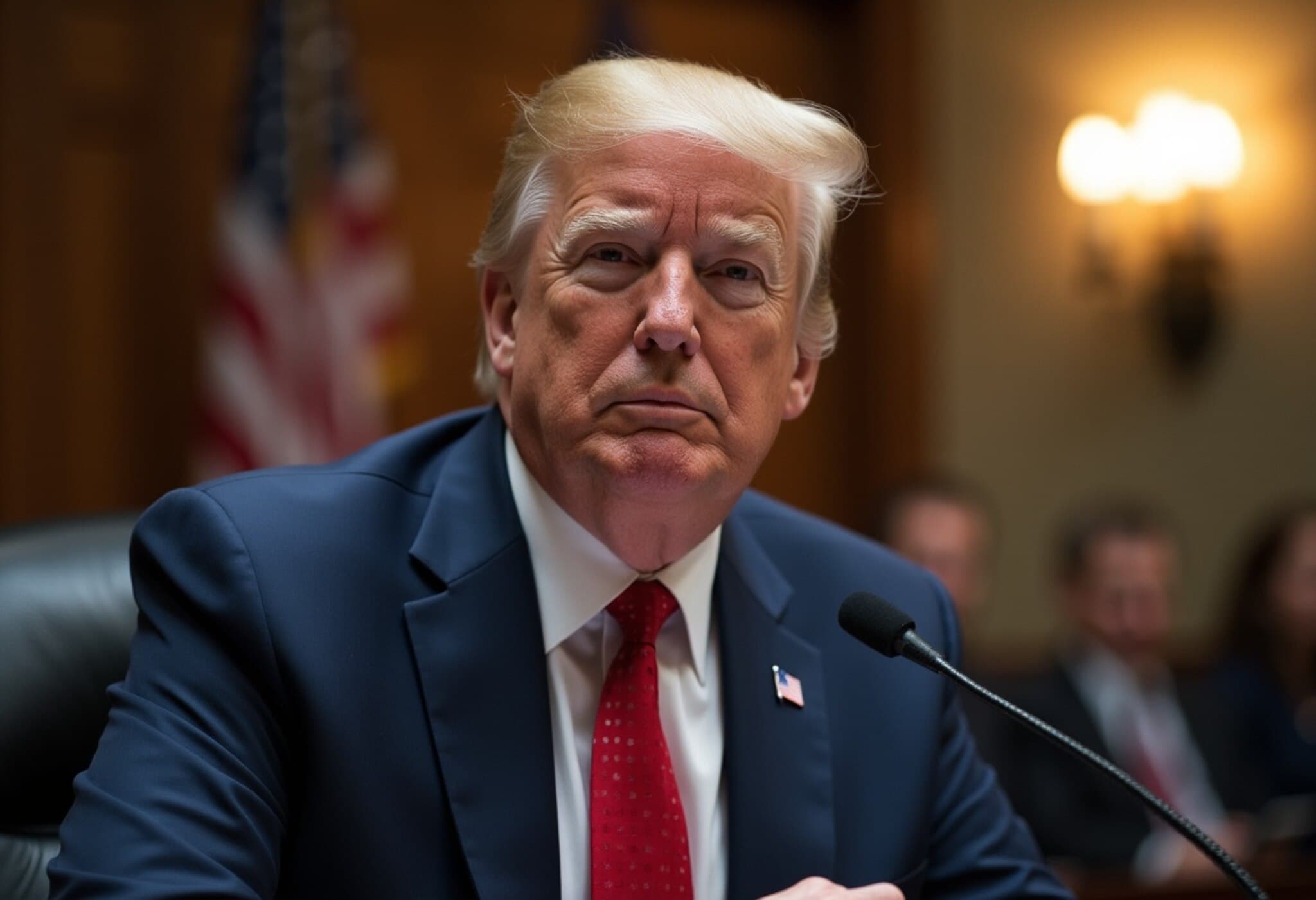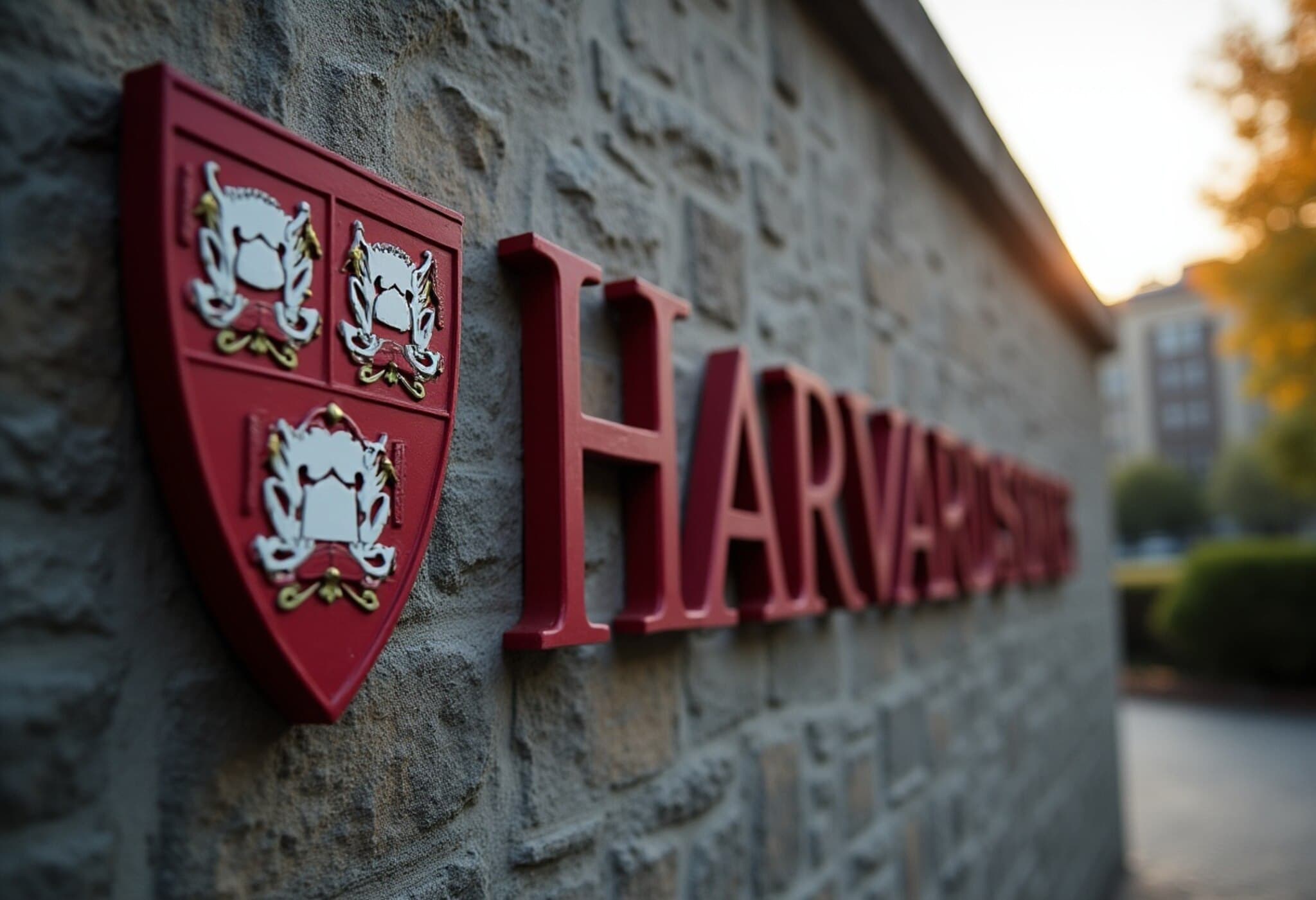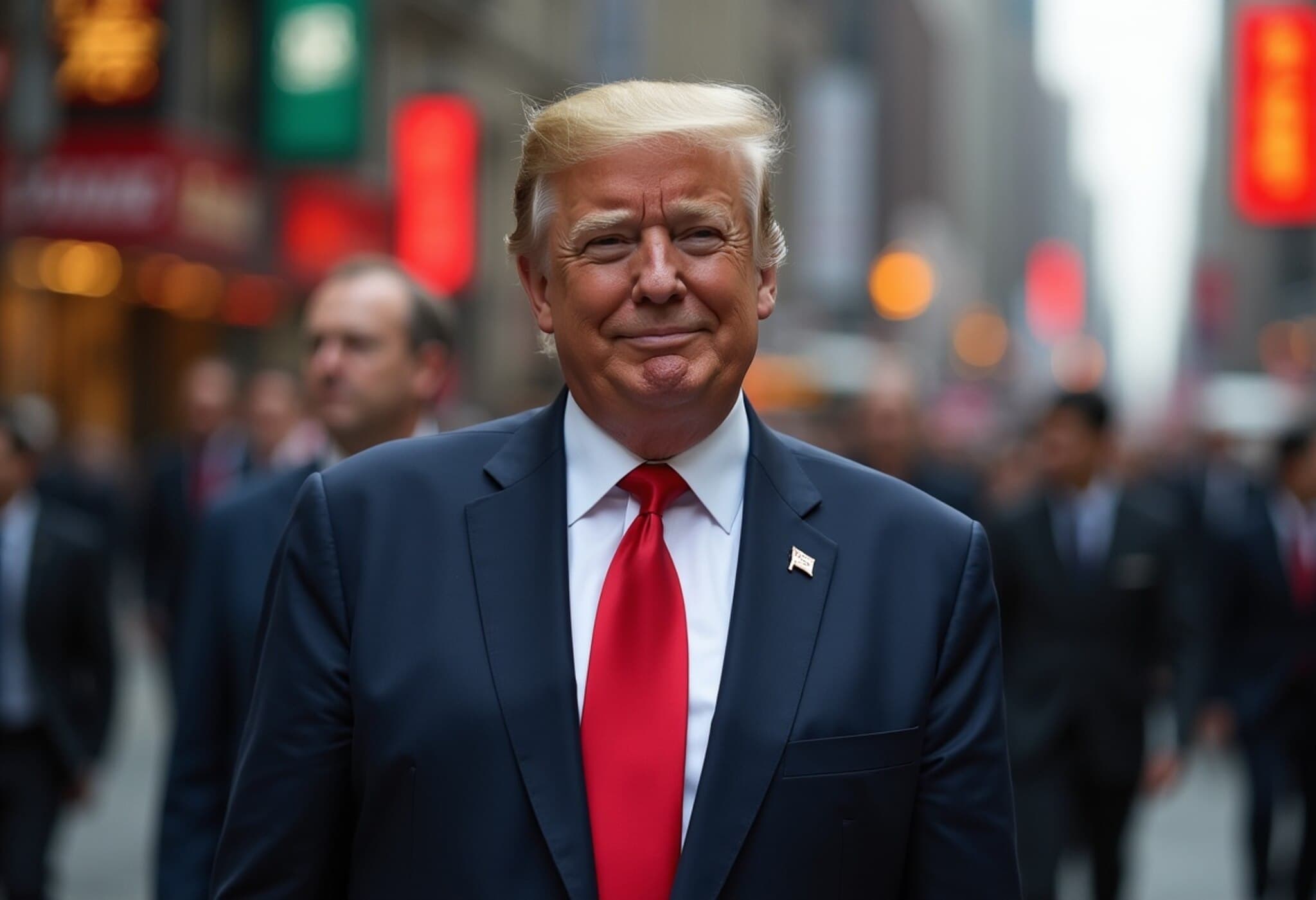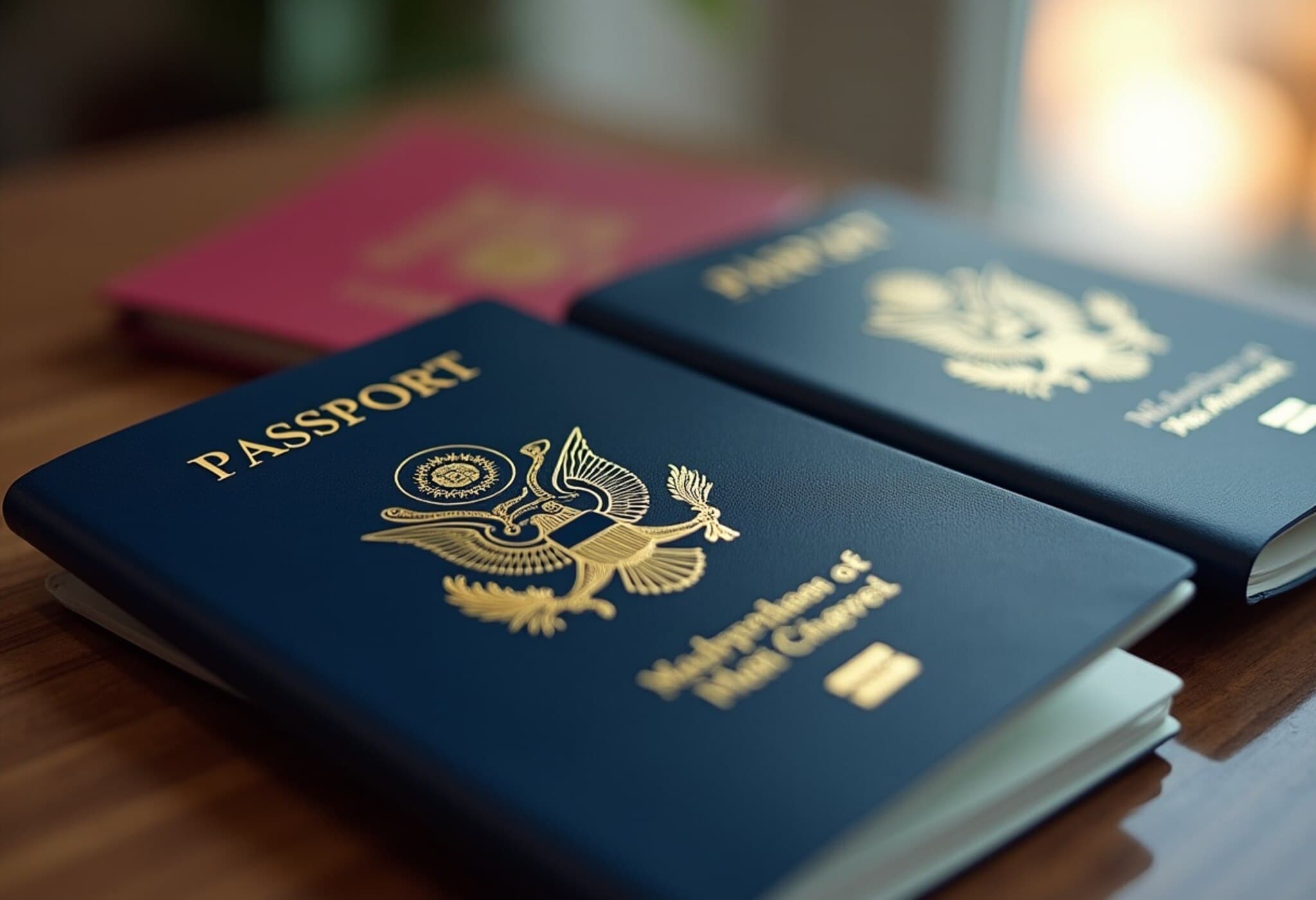Hong Kong Court Advances Transgender Rights with Bathroom Access Decision
In a significant legal development marking progress for LGBTQ+ rights in Asia's financial powerhouse, a Hong Kong judge ruled on July 23, 2025, in favor of transgender individuals’ right to use public restrooms aligned with their gender identity. The ruling strikes down local regulations that criminalized transgender people for using bathrooms designated for the opposite sex.
Details of the Historic Judgment
Presiding over the case, Judge Russell Coleman approved a judicial review initiated by K, a transgender man who was assigned female at birth. The judge found that existing restroom regulations violated Hong Kong’s Basic Law—the city’s mini-constitution—especially the provision guaranteeing equality before the law. Importantly, Judge Coleman highlighted that restricting bathroom use based on biological sex at birth constitutes a "disproportionate and unnecessary intrusion into the privacy and equality rights" of transgender persons.
However, the court wisely suspended the immediate invalidation of these rules for a year. This grace period gives the Hong Kong government time to consider how best to amend policies effectively without causing social disruption.
Background and Context
Currently, Hong Kong law permits only children under five accompanied by an adult of the opposite sex to use public washrooms designated for that sex. Anyone swerving from this strict rule risks a fine of up to HK$2,000 (approximately US$255).
K first challenged the regulations in 2022, emphasizing that the prohibition infringed on their constitutional rights. For transgender individuals diagnosed with gender dysphoria, such restrictions not only cause emotional distress but also deny them the dignity and respect accorded to their affirmed gender identity.
Wider Implications for LGBTQ+ Rights in Hong Kong
This verdict is part of a broader, slow but steady shift in Hong Kong’s legal landscape regarding LGBTQ+ issues. Advocacy groups such as Quarks, which supports transgender youth, hailed the ruling as a critical step forward, urging the government to rapidly address persistent discrimination in public policies.
Just two years ago, Hong Kong’s highest court eliminated the requirement that transgender people must undergo full sex reassignment surgery before legally changing their gender on official identity documents. Subsequently, the government revised policies allowing those who have not completed all surgical procedures—provided they meet criteria such as hormonal treatment durations and partial surgeries—to update their ID cards accordingly.
These conditions have drawn some criticism from activists, including Henry Tse, a prominent transgender rights advocate who successfully changed his identity card last year. Tse recently launched a fresh legal challenge against the current medical and monitoring requirements he argues remain unjust and invasive.
Why This Matters: Expert Perspective
The Hong Kong ruling is more than a local legal milestone; it echoes global human rights movements emphasizing transgender equality and non-discrimination. In jurisdictions like the United States, bathroom access has been both a flashpoint for political debate and a barometer for civil rights progress. Hong Kong’s decision reflects growing acknowledgment that legal systems must evolve to encompass the dignity and lived experiences of transgender individuals.
Policy analysts note that the government’s cautious approach—granting a one-year suspension before fully abolishing the regulation—balances judicial recognition of rights with practical governance. This window should be utilized to craft comprehensive, inclusive policies that safeguard both privacy and public comfort without resorting to exclusionary rules.
Looking Forward: Challenges and Opportunities
- Will Hong Kong fully eradicate bathroom discrimination by revising or abolishing the outdated regulations within the stipulated timeframe?
- How will policymakers navigate public opinion and social sensitivity around gender identity issues?
- Can this ruling catalyze further reform in areas such as anti-discrimination ordinances, healthcare access, and legal gender recognition?
- What lessons can other jurisdictions confront when balancing human rights with societal norms?
Hong Kong stands at a critical crossroads where judicial courage meets evolving social consciousness. This decision not only uplifts transgender individuals but also challenges society to embrace inclusion with empathy and respect.
Editor’s Note
The Hong Kong court’s ruling is a testament to the growing recognition of transgender rights in Asia and the global push towards equality. Yet, legal victories are just the beginning. Sustained government action, societal understanding, and comprehensive policies are essential to dismantle ingrained discrimination. As this story unfolds, readers are encouraged to reflect on how legal frameworks intersect with human dignity, and to consider the complex journey toward fully inclusive societies.



